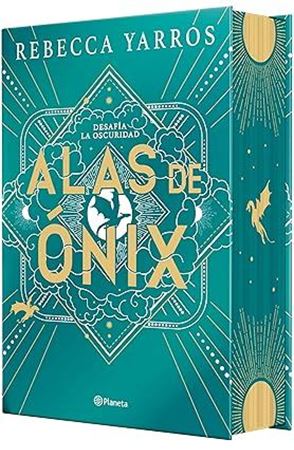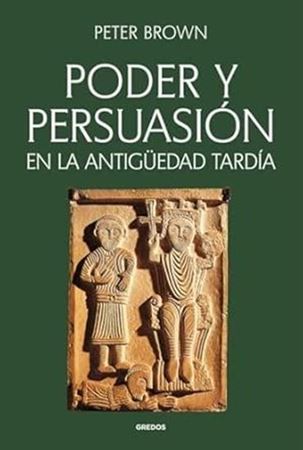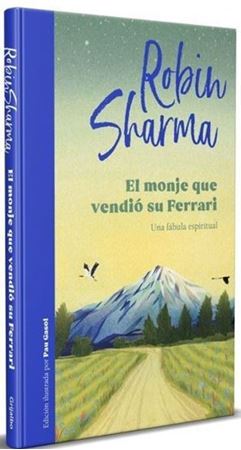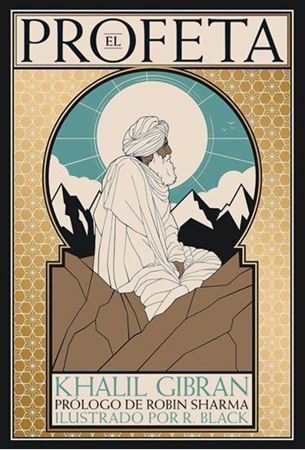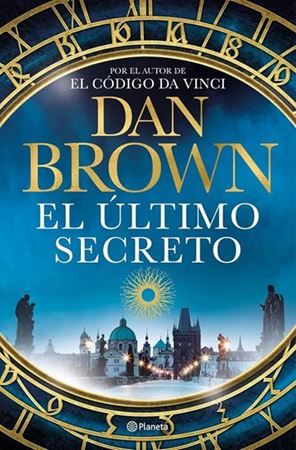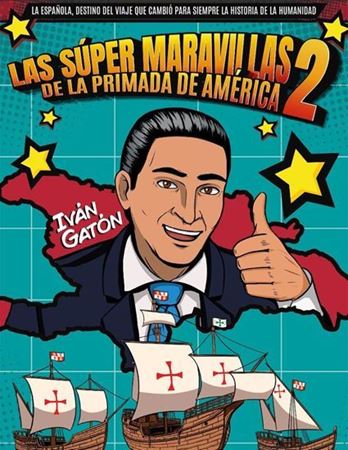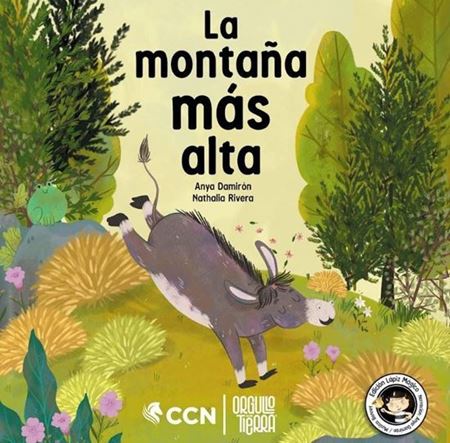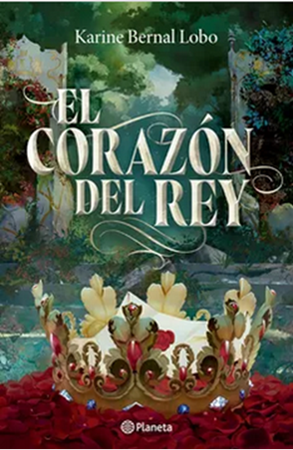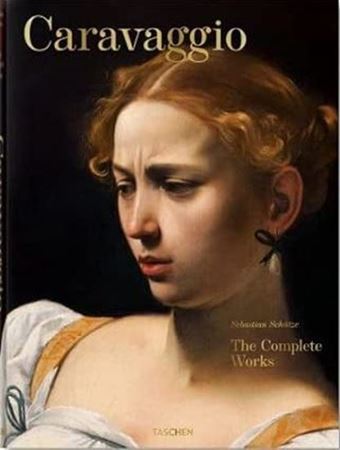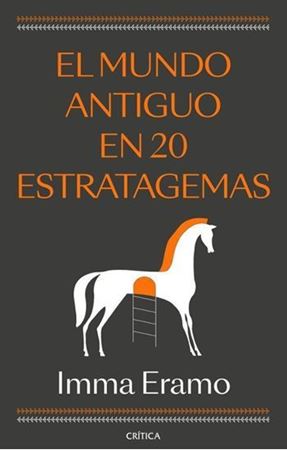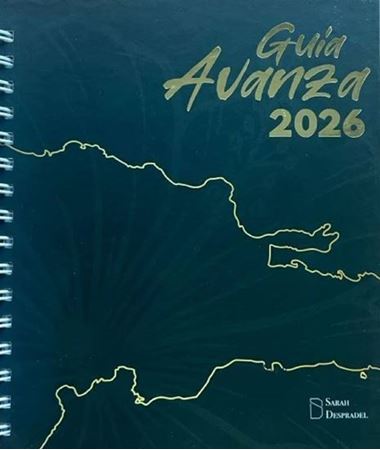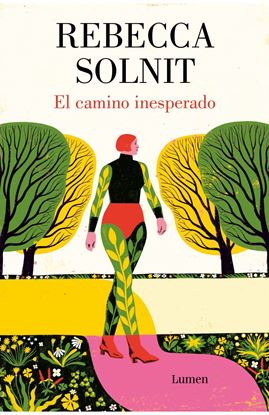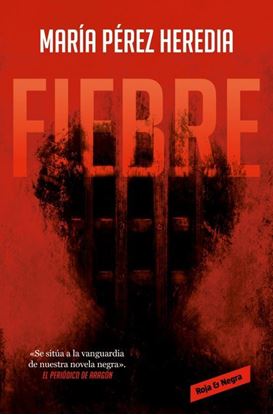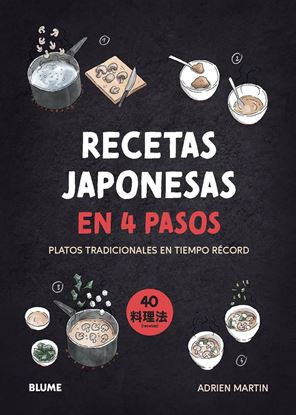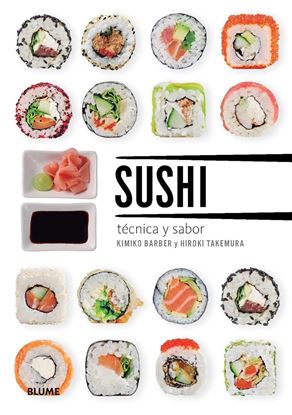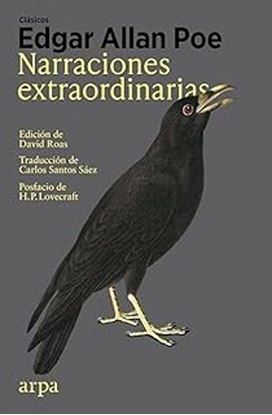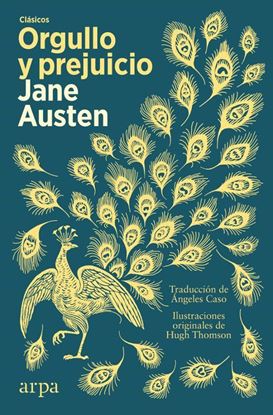

NOVEDADES
EL CAMINO INESPERADO
¿Qué puede enseñarnos un violín de trescientos años sobre nuestros bosques? ¿Cuáles son los matices del hielo? ¿Cómo influye en las historias el modo de narrarlas? Las preguntas son el hilo conductor del nuevo libro de Rebecca Solnit: para llegar a nuevos horizontes, nos susurra entre sus páginas, hace falta idear caminos alternativos, tomar la carretera secundaria y mirar el paisaje, perderse en el desvío para así alcanzar, en algún momento, una inesperada forma de ser, pensar y actuar.
Como una hoja de ruta hacia un mundo imaginado, este volumen recoge ensayos tan variados como el pensamiento de su autora, que con su característica agilidad salta de sus observaciones sobre la naturaleza y nuestra relación con ella, al análisis de la actual lucha feminista o las implicaciones modernas de su célebre concepto de mansplaining. Y es que para Solnit el ejercicio de pensar es ante todo una reflexión sobre cómo se construye el propio pensamiento.
1,300
1,040
FIEBRE
Benjamín Prado
Un secreto del pasado ha regresado para atormentar a la famosa escritora hispanofrancesa Alice Leclerc. Algo horrible sucedió en Biarritz hace diez años, en medio de una investigación extraoficial realizada por quien entonces era su prometido, el agente de la Gendarmerie Kevin Girard. Las secuelas de aquel caso nunca cicatrizaron.
En el Centro Penitenciario de Zuera, en Aragón, una mujer agota las últimas semanas de prisión preventiva antes de que se celebre su juicio: Ana Castán, quien probablemente sea la presa más famosa del país. Sobre ella pesa la acusación de haber cometido los sangrientos crímenes que sacudieron la localidad pirenaica de As Boiras un año atrás, donde la intervención de Alice Leclerc fue vital para lograr su detención.
Lo que nadie sospecha es que Ana es la única persona que puede ayudar a Alice a cerrar, de una vez por todas, el círculo de lo que ocurrió en Biarritz. Quienes una vez fueron amigas íntimas están condenadas a volver a entenderse.
1,300
1,040
RECETAS JAPONESAS EN 4 PASOS
Recetas auténticas en un tiempo récord. * Una experiencia al alcance de todos, con ingredientes fáciles de encontrar y pasos ilustrados comprensibles de un solo vistazo. * Con trucos y páginas sobre los esenciales de la gastronomía japonesa. Con estas recetas japonesas en cuatro pasos podrá descubrir la cocina japonesa, de la que se dice a menudo que es compleja y necesita decenas de ingredientes. Los platos se han simplificado para adaptarlos al día a día, pero cada uno de ellos, tratado con mimo y sencillez, sigue narrando una historia sobre el arte de vivir japonés, el que celebra la armonía de los ingredientes y la delicadeza de la preparación. Las recetas de este libro, que quizás lo transporten a las animadas calles de Tokio o a los apacibles jardines zen de Kioto, encarnan la esencia misma de la gastronomía japonesa: equilibrada y profundamente respetuosa con los productos naturales. ¡Buen provecho!
1,300
1,040
SUSHI. TECNICA Y SABOR (2025)
La guía definitiva para elaborar sushi se ha actualizado con geniales recetas que incluyen las últimas tendencias. * Explore los sabores frescos y la gran variedad del sushi, desde sushi prensado, enrollado y relleno hasta las especialidades más actuales, en cuenco, bolas y burritos. * Recetas fáciles de preparar y fotografías del proceso paso a paso, que le ayudarán a dominar las técnicas de corte y modelado necesarias para preparar sushi y sashimi en casa. Imprescindible para cualquiera que quiera elaborar sushi auténtico. El sushi no es más que 'arroz aromatizado con vinagre, con un relleno o cobertura de pescado o marisco crudo, marinado, curado o cocido, hortalizas o huevo'. En Japón, el sushi es muy popular; no solo se disfruta de él en establecimientos públicos, sino también en casa, con toda la familia. A nivel internacional, es la comida más célebre de Japón. El aspecto formal y sofisticado del sushi puede hacer sentir incómodas a algunas personas. Por suerte, no existen normas de conducta estrictas; no obstante, sentirse a gusto con la etiqueta no solo le ayudará a relajarse, sino a disfrutar más de la comida. En Japón, el ambiente de los restaurantes de sushi es íntimo pero relajado; procure que así sea cuando disfrute de sushi en casa. En este libro encontrará algunos consejos prácticos para ello.
1,300
1,040
NARRACIONES EXTRAORDINARIAS
La caída de la Casa Usher, El escarabajo
de oro, Los crímenes de la calle Morgue,El pozo y el péndulo, El cuervo…algunas
de las historias más célebres y estremecedoras que haya dado jamás la literatura. Con atmósferas que deslumbran y relatos repletosde misterio y locura, Edgar Allan Poe nos
lleva de la mano a crímenes imposibles, obsesiones fatales y encuentros sobrenaturales que desafían la razón.
Esta cuidada edición de David Roas, con traducción de Carlos Santos Sáez y posfacio de H. P. Lovecraft, celebra la vigencia del maestro indiscutible del terror y el suspense. Una lectura que sigue fascinando a cada nueva generación.
1,300
1,040
ORGULLO Y PREJUICIO
Cuando Elizabeth Bennet conoce al enigmático señor Darcy, su arrogancia y aparente desprecio la llenan de desdén. Herida en su orgullo, Elizabeth encuentra consuelo en la atención del carismático ofificial Wickham, pero en un mundo regido por las apariencias y las conveniencias matrimoniales, las primeras impresiones pueden resultar engañosas. Entre promesas que se desvanecen, rumores que se propagan a la velocidad del viento y sentimientos que desafían toda lógica, Elizabeth y Darcy se verán atrapados en un duelo de ingenio, orgullo y deseo que pondrá a prueba sus certezas sobre el amor, la moral y la sociedad.
La nueva traducción de Ángeles Caso, novelista y profunda conocedora de la literatura inglesa, nos devuelve a la esencia de la obra más célebre de Jane Austen. Su versión captura la ligereza, el ingenio y la ironía que han hecho de Orgullo y prejuicio un clásico imperecedero. Además, esta edición incluye las ilustraciones originales de Hugh Thomson, que plasman con gran sensibilidad la atmósfera y los personajes de la novela.
1,300
1,040

